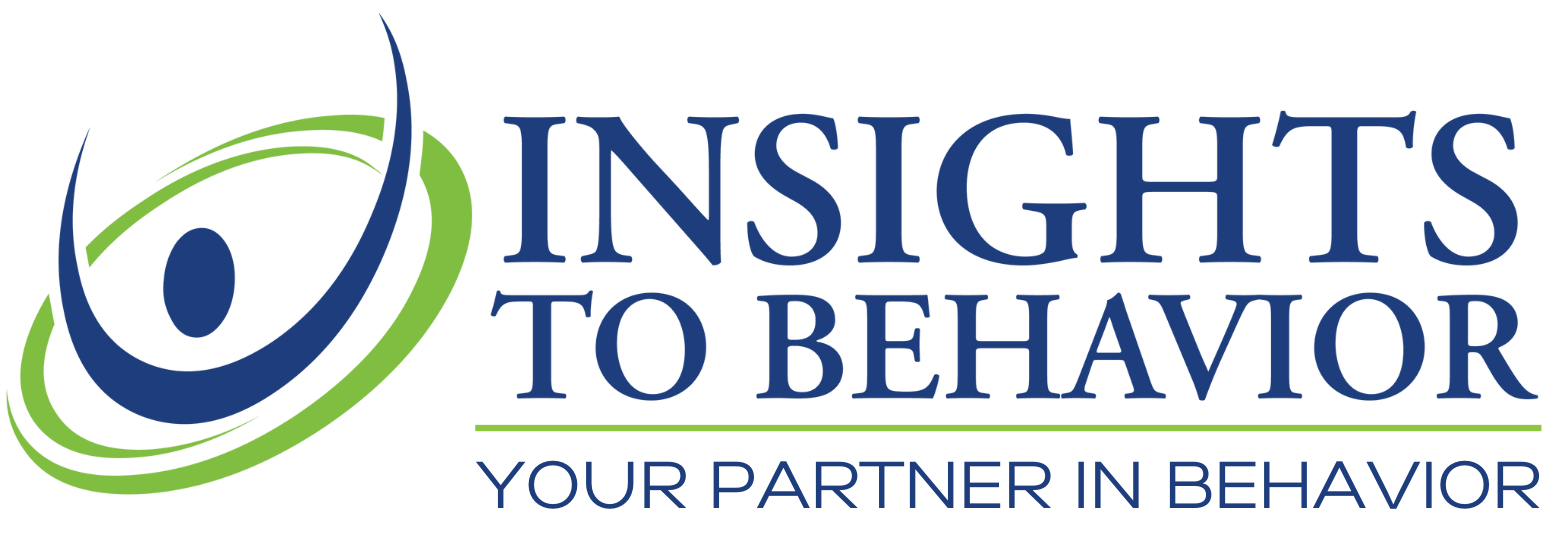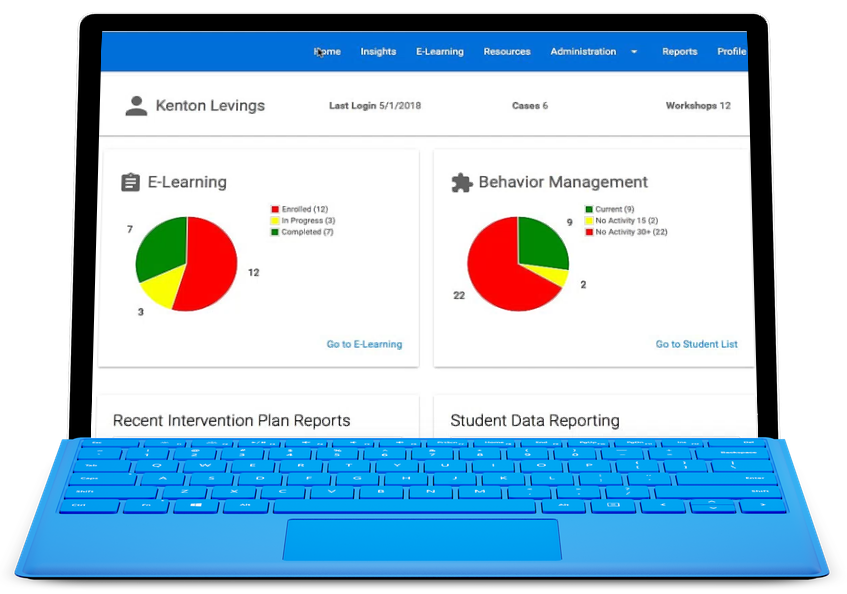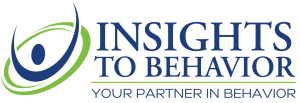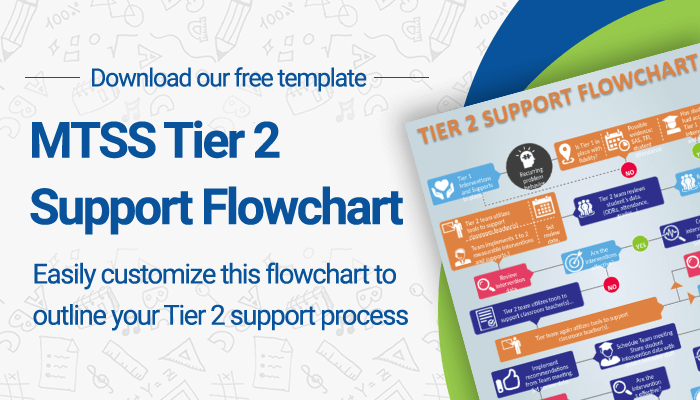The future of education is here, and it is being shaped by technology. As we adapt to these changes, one emerging trend that’s gaining momentum is the focus on tracking student success. Behavioral tracking is an essential component of this educational revolution, and its impact on student outcomes cannot be overstated.
Understanding the Importance of Tracking Student Success
First, let’s understand why tracking student success is vital. Traditionally, student success was gauged by academic scores – tests, grades, and the like. While still important, these measures don’t capture the complete picture of a student’s development. Non-academic factors, such as behavior, social-emotional learning, and engagement levels, also play a critical role in student success.
Behavioral tracking provides a holistic view of a student’s progress, capturing insights into their social and emotional development, adaptability, and engagement levels. By monitoring these elements, we can provide well-rounded support for our students, helping them overcome challenges, build resilience, and ultimately succeed.
Effective Behavioral Tracking Practices
So, how do we effectively track student behavior? Here are a few best practices:
1. Use a Data-Driven Approach
Utilizing data is key to an effective behavioral tracking system. The first step in this process is systematic data collection. This involves gathering detailed information on students’ behavior patterns, academic progress, and social-emotional learning. Using a variety of data sources can enhance the accuracy and reliability of the collected information. This might include observational data, academic records, and feedback from educators and parents.
Next, data analysis helps in deciphering these patterns. Trends in the data can inform educators about specific behavioral challenges or progress over time. It can help identify which intervention strategies are working and which ones need adjustment. By relying on data, we ensure that decisions about a student’s education and behavioral interventions are grounded in factual, unbiased information, not merely anecdotal evidence or intuition.
2. Regular Reporting and Monitoring
Constant monitoring and reporting are central to tracking student success. The reporting system should be designed for ease of use and accuracy, allowing educators to keep an eye on the behavioral changes and the effectiveness of interventions. Regular updates can help capture a student’s progress and address any emerging issues promptly.
Moreover, these reports can be invaluable tools during discussions with parents or guardians, providing a clear, objective overview of a student’s progress. They also provide a platform for teachers to highlight the effectiveness of their strategies, offering an evidence-based assessment of their professional performance.
3. Comprehensive Assessment
A complete understanding of student behavior goes beyond merely recording incidents. It includes digging deeper to uncover the root causes of these behaviors. For instance, a student acting out in class might be struggling with academic material, having issues at home, or experiencing social challenges with peers.
Assessments should be systematic and consider various aspects of a student’s life. This could include the learning environment, the teaching methods used, the student’s emotional state, and their home situation. By comprehensively assessing these factors, educators can develop a well-rounded understanding of the student, leading to more effective and personalized behavior intervention strategies.
4. Implement Research-Based Strategies
Once the assessments are complete, the next step is to implement strategies based on academic research. This ensures the methods used have been tested and proven effective. These strategies can cover a range of areas, from how to respond to specific behaviors, to promoting positive behavior, and enhancing social-emotional learning.
The application of these strategies needs to be adaptable, as what works for one student may not work for another. Research-based strategies provide a solid foundation, but they need to be tailored to individual students’ needs, based on the insights gleaned from data analysis and comprehensive assessments.
5. Professional Development for Teachers
Training teachers to handle various behavioral challenges is vital for successful behavior tracking. Professional development programs should equip educators with the knowledge to understand different behavioral issues and the skills to implement appropriate intervention strategies.
Training could include understanding the importance of data in decision-making, learning how to assess behavior comprehensively, and applying research-based intervention strategies. Ongoing professional development ensures that teachers stay updated on the latest research and best practices, enabling them to effectively support their students’ success.
6. Emphasize Social-Emotional Learning
Social-Emotional Learning (SEL) plays a significant role in a student’s success. It covers areas such as managing emotions, showing empathy, establishing positive relationships, and making responsible decisions. Incorporating SEL into the approach to student behavior enhances the potential for positive outcomes.
SEL not only helps students understand and manage their emotions but also aids them in understanding others’ feelings. It helps build a nurturing learning environment where every student feels understood and supported. By promoting social and emotional development, we can contribute to more balanced, holistic education outcomes.
Conclusion
The future of education is not just about advancements in technology—it’s about applying these technologies to create more comprehensive, effective strategies for student success. As we navigate this exciting new landscape, the power of tracking student success is becoming increasingly clear. By embracing these innovative approaches, we can ensure that every student is equipped with the tools they need to thrive in their educational journey.




